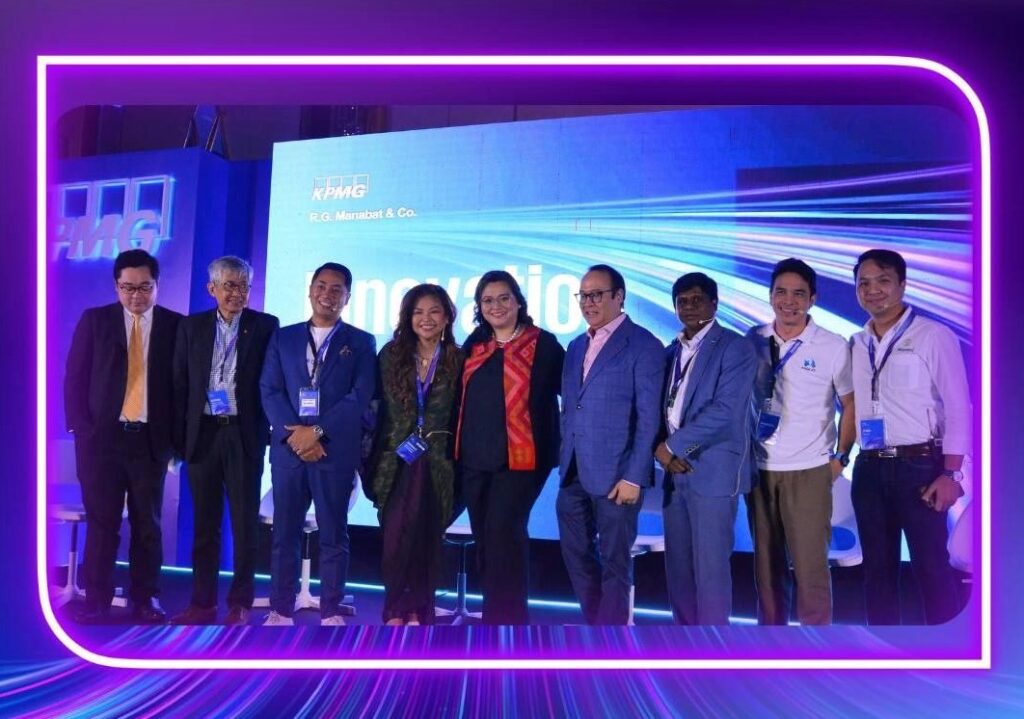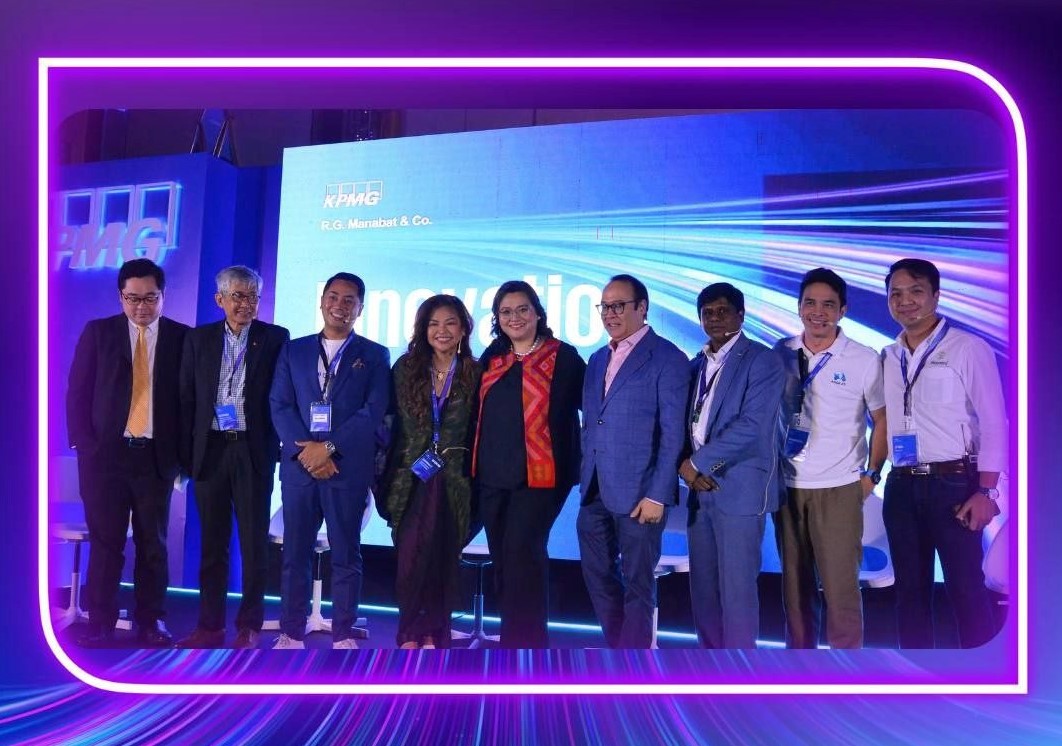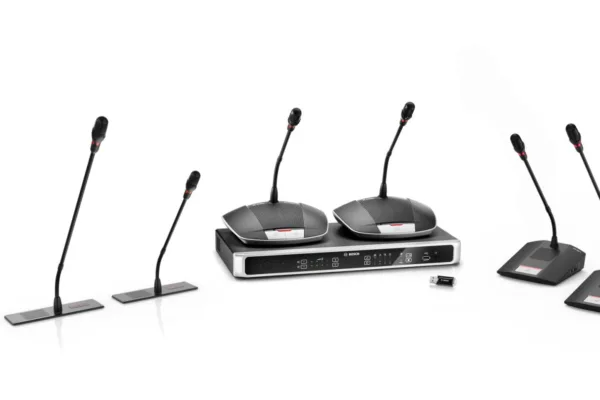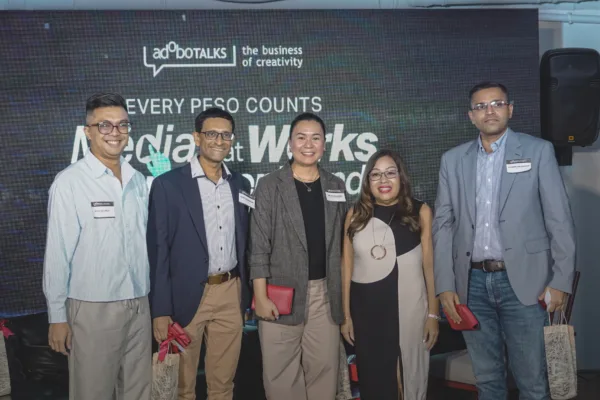Digital Pilipinas and industry leaders cite the impact of positive disruption
In support of the government’s goal of speeding up the adoption of digitalization and financial inclusion in the country, KPMG, a global professional services company that offers audit, tax, advisory services, and digital and technology consulting, recently launched a new center aimed at putting government units ahead of the curve when it comes to digitalization strategies.
The launch was made during the KPMG Innovation Summit 2023, which was supported by a powerhouse lineup of speakers from the government, technologists, as well as fintech industry and movement leaders like Digital Pilipinas.

Photo shows (from left:) Michael Guarin, Head of Deal Advisory of KPMG Philippines; Mon Ibrahim, former DICT undersecretary and Lead Convenor of the Alliance of Tech Innovators for the Nation; Tony Isidro President and CEO of Fuse Lending; Amor Maclang, founder of One ASEAN Fintech Movement and also the convenor of the Philippine Fintech Festival; Sharon Dayaon, Chairman and CEO of KPMG Philippines; Noel Bonoan, Vice Chairman and COO of KPMG Philippines; Arivuvel Ramu, Founder and CEO of Singapore-based fintech company Inypay; George Royeca, CEO of Angkas; and JT Solis, Co-founder and CEO of Mayani
KPMG Philippines’ one-stop-shop for the latest knowledge, blueprints, and approaches for e-government transformation covers a comprehensive line of services that includes strategy development, solution design, and project management for various aspects such as smart cities, data & analytics, cybersecurity, and hyper-automation.
“It became apparent that government units that were already equipped with digital infrastructure and services fared better in continuing to deliver their services while agencies that lack digital capabilities, and agencies that were heavily reliant on manual and in-person work faced significant challenges in delivering essential services and maintaining government processes,” said Noel Bonoan, COO and Vice Chairman of KPMG Philippines.
The shift towards digitalization reflects a significant disruption in the government sector, as it traditionally relied on manual processes, as well as a mindset that has long undermined resource allocation and process optimization.
Highlights of the panel discussion on disruption
Aside from the launch of the latest ally of the country’s transition to e-government, the recent KPMG Innovation Summit 2023 also discussed the trailblazing impact of innovations and technologies that are upending traditional industries here and abroad.
The panel discussions centered on industry disruptors and the next wave of automation in the Philippines, which highlighted the need for all sectors, businesses, individuals, and agencies to leverage technology in order to enhance the products, services, and experiences that they offer.
Believing that disruption starts in the mind, Bonoan explained, “Disruption, it’s basically taking a fundamental need and applying either new technology or new mindset. So, you can either do things differently or you can scale the delivery of that particular solution that needs fulfillment.”
For her part, Amor Maclang, Founder of One ASEAN Fintech Movement and also the convenor of both Digital Pilipinas and Philippine Fintech Festival, said that positive disruptions can be even more effective on a grand scale. “It takes a whole-of-ecosystem, whole-of-country approach to do it. That’s what we need to do — bring the legislators, market leaders, technologists, and regulators so they can all work together,” she elaborated.
To support the government’s comprehensive efforts, convenors of Digital Pilipinas, now the largest private sector-led movement focused on creating an innovative and technology ecosystem in the Philippines that ties it to a bigger global digital economy, also encouraged the participants to focus on micro-level disruptive solutions to address problems that uplift communities to eventually reshape public service.
For his part, Angkas CEO George Royeca shared how their company was able to disrupt the transport sector and address the pain points in the motorcycle ride-hailing category: “To really disrupt something, you got to change how you approach it. Think about the family, think about whom you are serving, and then think about their problems, what are their issues, what are their pain points, citing how they were able to transform habal-habal drivers into legitimate Angkas bikers.”
He added, “When we started uplifting communities that were close to us, our neighbors within our sphere, then that’s when things started really to move.
Similarly, Arivuvel Ramu, the Founder and CEO of Singapore-based fintech company Inypay, underscored the fact that disruption should be focused on helping more communities to achieve progress and better outcomes instead of merely seeing it as a competitive advantage.
“A disruptive innovation is when you want to serve the current 35 million accessible population, where most of the SMEs are — or if you want to cover another 30 million people, totaling 60 to 65 million. That is what we are all working on to grow. That, for me, is what the disruption is in the Philippines,” Ramu said.






